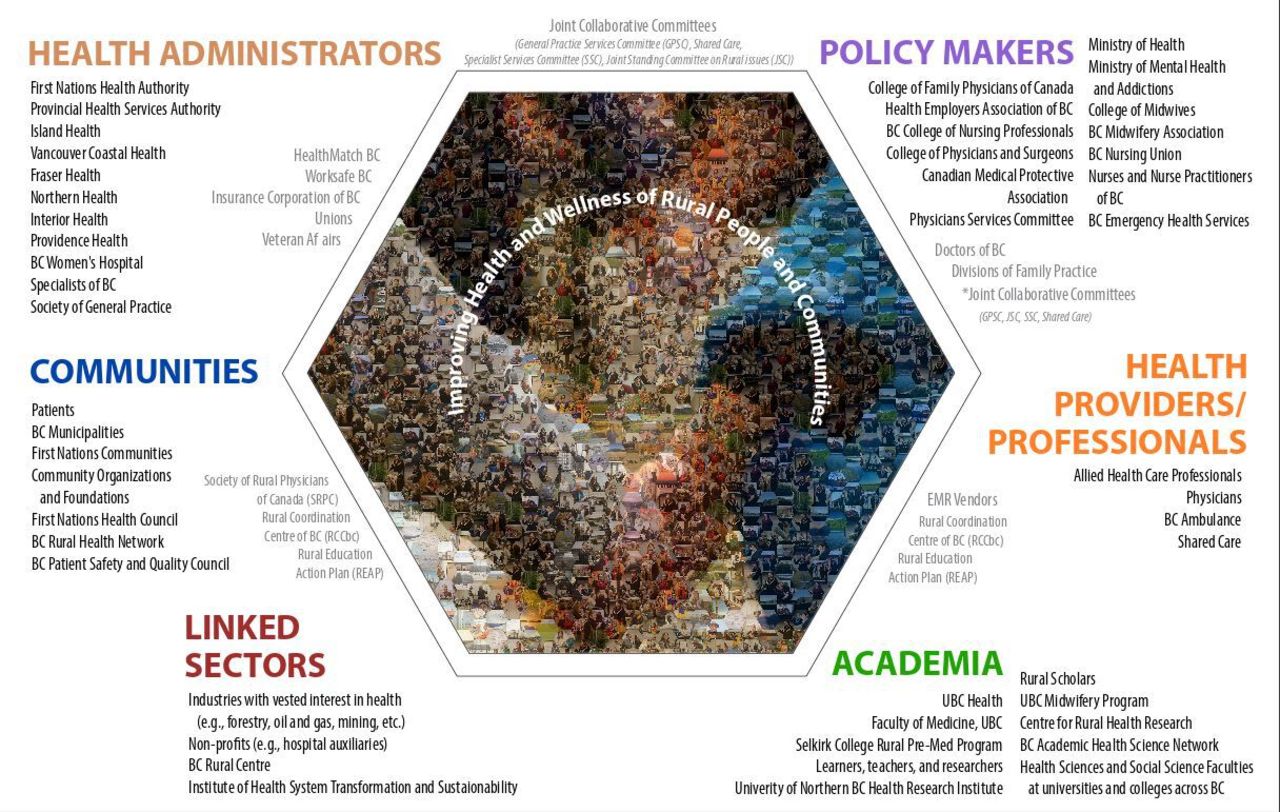Current Issue

Dear Reader,
Social Accountability – an essential concept in medical and allied health education that directs medical schools to serve their societies and communities – is a movement to support global health training institutions to adapt and improve based upon the needs of people and society.
This movement is driven by the efforts of leaders in academic institutions who believe in their institutions’ ability to adapt and become more socially accountable, and to influence the adoption of Social Accountability Standards into their Accreditation Standards.
We publish this edition with the hope and expectation that these articles will provide a roadmap of useful case studies for Medical and Allied Health Schools and Faculties across the globe to become more socially accountable, and for accreditation agencies to adopt social accountability standards in their accreditation standards.
We invite you to immerse yourself in these narratives, to reflect on the challenges and triumphs shared within these articles, and to join us in celebrating the transformative power of these leaders who are transforming their institutions, ecosystems, and countries.
With contributions from deans of medical schools and their teams across the globe, this issue of the Social Innovations Journal showcases the proceedings of the inaugural cohort of the Social Accountability Fellowship co-hosted by The Network: Towards Unity for Health, the Northern Ontario School of Medicine University and its Dr. Gilles Arcand Centre for Health Equity, alongside the University of Limerick.
The introductory article on “International and Critical Perspectives on Social Accountability from Medical Education to Public Policy” written by Maxwell Kennel provides an in-depth framing and context for this edition, and the contents appear below:
Institutional Social Accountability Journey Articles
- “Addressing health inequities through social accountability: A compulsory pathway to universal health coverage: Case of The Faculty of Medicine Ibn El Jazzar of the University of Sousse, Tunisia”
- “Using the Indicators for Social Accountability Tool (ISAT) in Health Professions Education to Develop a Social Accountability Action Plan for a Faculty of Medicine & Dentistry”
- “Integrating School Health Curriculum in Allied Health Science Programs: A step towards Social Accountability.”
- “Advancing Social Accountability in Medical Education: The ISAT Self-Assessment at the Universidad de La Sabana”
Policy Influence Articles
- “Integrating Social Accountability Standards into Medical School Accreditation in India: A Policy Perspective”
- “Advocating for the Dental Council of India to integrate social accountability standards into national accreditation standards for dental colleges”
- “Advocating for Social Accountability in Accreditation and Community Engagement at the Faculdade Pernambucana de Saúde in Recife, Brazil.”
- “Advocating for the Integration of Social Accountability Standards into Al Nasser University's Accreditation Process for International Recognition”
- “Social accountability, a primary driver for impactful health professions education and universal health coverage: A Policy Brief”
The editors would like to acknowledge the National Board of Medical Examiners (NBME), which partially funded the Social Accountability Fellowship, and the Social Sciences and Humanities Research Council of Canada (SSHRC), which partially funded the LIASE Project that supported the fellowship. We would also like to thank the International Social Accountability and Accreditation Steering Committee (ISAASC) for their support of our efforts.
Sincerely,
Maxwell Kennel Nicholas Torres
Social Accountability Fellowship Co-Founder/Publisher
Coordinator Social Innovations Journal
Editorials
Institutional Social Accountability Journey
Policy Influence
We accept article submissions in Education, Human Services, Social Mobility, and Health. We encourage article submissions to include components of Social Enterprise, System Change, Policy, and Collaborations.
Article Guidelines
- Please include a title for your article exactly as you would like them to appear once published.
- Please include the author(s) and affiliations immediately following the title
- Please include keywords (metadata) for searching purposes.
- Please include an abstract of your article and submit it along with your article.
- Font should be 12-point for the body of article and Times Roman style.
- Please remember to cite all sources for your article. We do NOT publish footnotes. We publish endnotes.
- For all graphics as well as charts, tables, and figures please embed them within the article exactly how you want them to appear. Please submit only high-resolution images for publishing. For all photos and images include a suggested caption and photo credit information (if required).
- We recommend articles being 1,000 – 1,500 words. Research articles are recommended to be between 4,000 – 6,000 words.
- Please define acronyms the first time they appear. Define trade or sector-specific terminology to ensure that your article is reader friendly. Keep in mind that you are writing to a broad audience that includes international readers.
Outline/Components
- Frame the issue and define the social problem and context clearly. What local context or circumstances gave rise to this particular problem?
- Offer the innovative solution and explain how your idea/model works. Include narrative regarding how you will know you have achieved success (outcome and/or impact measures).
- Differentiate your idea/model from current models. How is the solution distinct from current models?
- Provide insight into how the model is financed.
- Discuss scaling, scaling impact, and social and policy implications.
Tone and audience
- Bottom line writing: Begin with a concise executive summary (about 10% of total word count) that gives the gist of the article. Follow this with a narrative that is guided by the outline above.
- Academic framework: Place the social innovation within the context of best practice research. However, minimize use of citations and footnotes.
- Audience: Write for social investors, government, not-for-profits, academia and the private sector who have a vested interest in increasing their regional impact through high-impact social innovation.
Format
- Submit the article text as a Word file. Make sure figures/tables are fully editable (NOT LINKED).
- Provide references. References should be included at the end of the article. Please do not use FOOTNOTES or ENDNOTES.
- SIJ uses The Chicago Manual of Style (www.chicagomanualofstyle.org).




